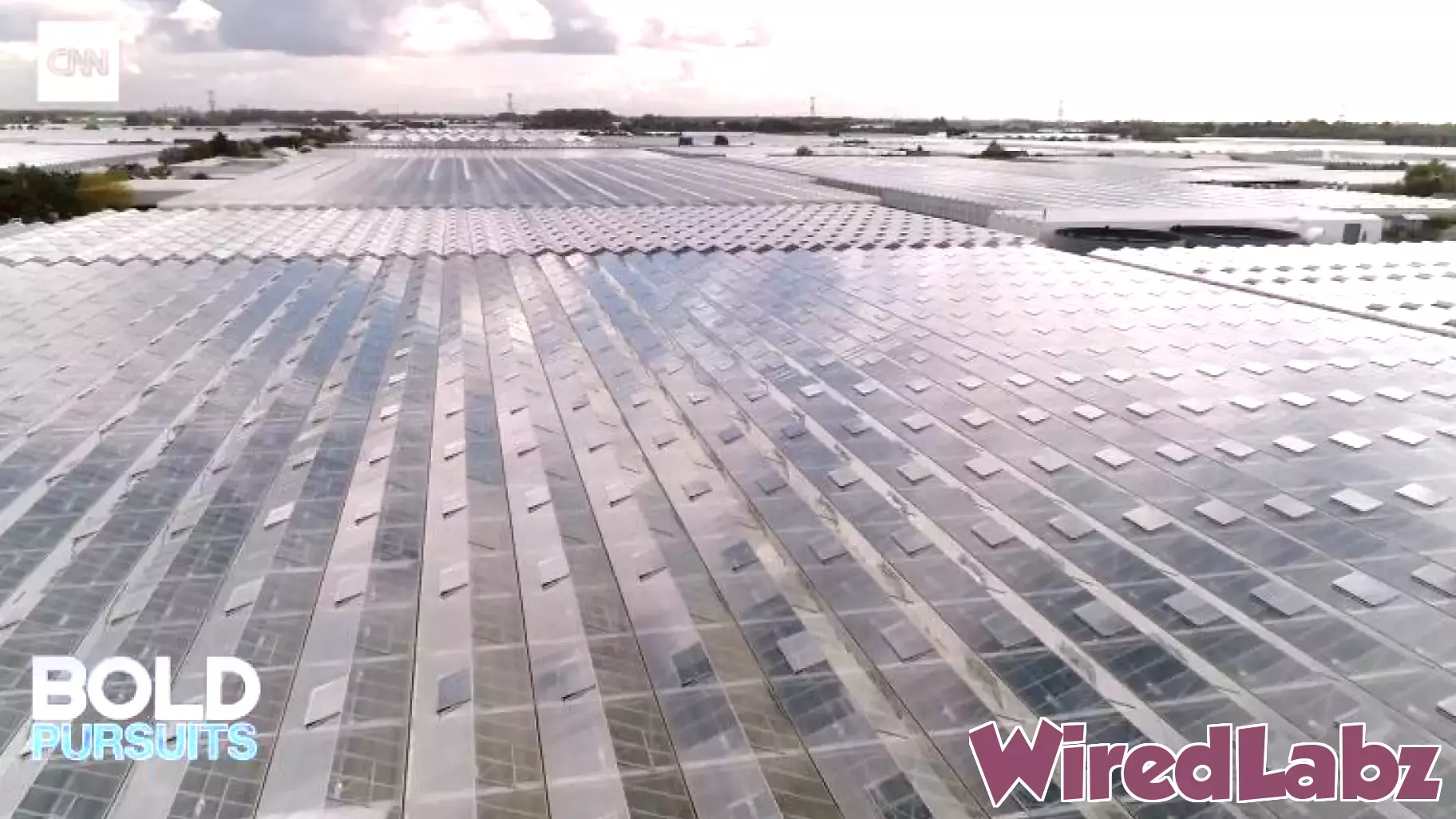Building a Climate-Resilient Food System Through Innovation
November 26, 2024 - 22:10

Scientists and innovators are working diligently to develop a food system that can effectively adapt to the challenges posed by a changing climate. As global temperatures rise and weather patterns shift, the need for a resilient agricultural framework becomes increasingly urgent.
Researchers are exploring various technological advancements, including precision agriculture, which utilizes data analytics and satellite imagery to optimize crop yields while minimizing resource use. These innovations allow farmers to make informed decisions about planting, irrigation, and pest control, ultimately leading to more sustainable practices.
Additionally, the integration of biotechnology is playing a crucial role in developing climate-resistant crops. By enhancing the genetic traits of plants, scientists aim to create varieties that can withstand extreme weather conditions, pests, and diseases. This not only helps secure food production but also reduces the reliance on chemical inputs.
Furthermore, innovative food production methods, such as vertical farming and aquaponics, are gaining traction. These techniques allow for year-round cultivation in controlled environments, significantly reducing the environmental footprint associated with traditional farming.
As the world grapples with the realities of climate change, the collaboration between technology and agriculture holds promise for creating a food system that is both sustainable and resilient. Through ongoing research and innovation, the goal is to ensure food security for future generations while safeguarding the planet.
MORE NEWS

March 4, 2026 - 21:43
Schneider Electric Showcases Full Suite of Energy Technology Solutions to Strengthen Healthcare Resiliency and Support AI Adoption at HIMSS26A global leader in energy technology is set to demonstrate how its integrated portfolio is designed to fortify healthcare infrastructure. The focus will be on enhancing resiliency and creating a...

March 4, 2026 - 13:28
DNA technology IDs remains found in Arizona in 2000Human remains discovered in a remote area of Golden Valley, Arizona, in the year 2000 have finally been identified, authorities announced this week. The breakthrough brings closure to a case that...

March 3, 2026 - 21:27
Data Center Networking Technology Global Markets Report 2025-2030, Profiles of Leading Players - Cisco Systems, Dell, Broadcom, Arista Networks, and Hewlett Packard EnterpriseThe global data center networking market is set for a period of significant expansion, driven by the escalating demand for robust digital infrastructure and the widespread adoption of artificial...

March 3, 2026 - 12:47
This startup claims it can stop lightning and prevent catastrophic wildfiresA bold new venture claims to have developed technology capable of stopping lightning strikes, positioning it as a potential tool to prevent the catastrophic wildfires often ignited by electrical...